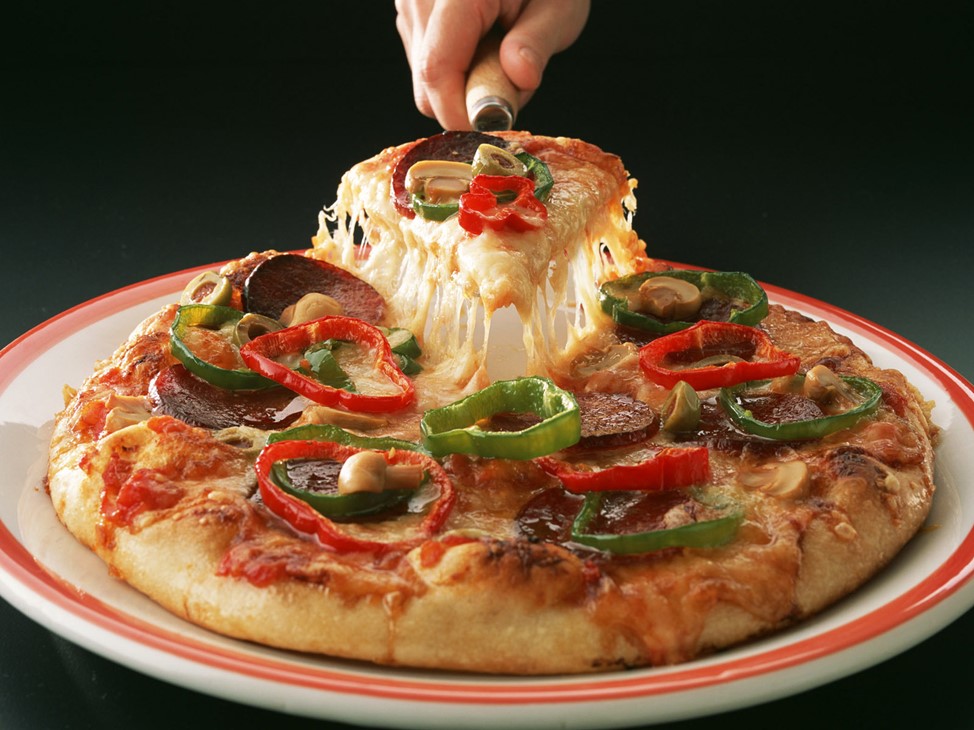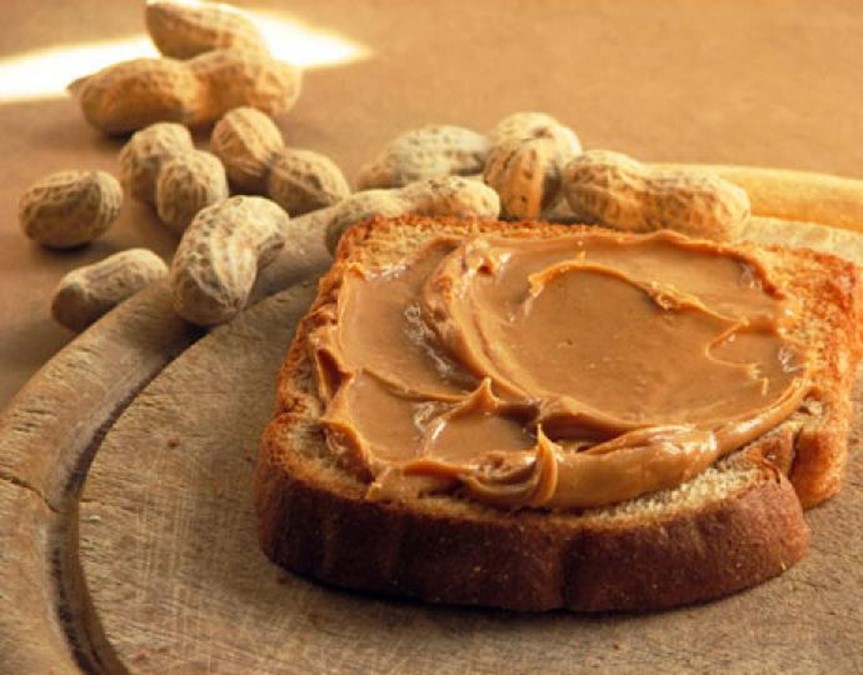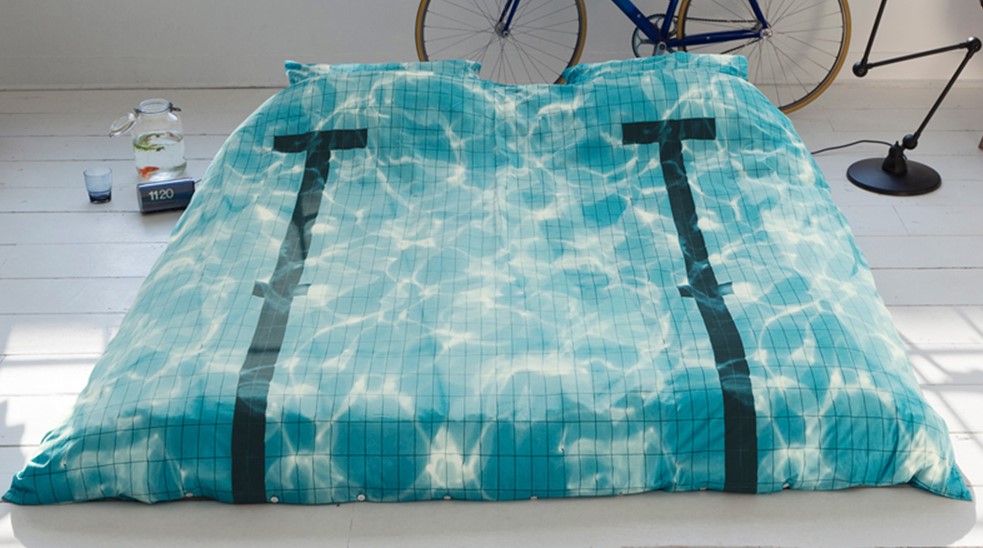The Economics Of Make America Great Again Hats
December 1, 2015 in Daily Bulletin

Christine Mai-Duc looked into the workers that make Donald Trump’s campaign Make America Great Again hats:
- The hats are made in America and provide employment to those most vulnerable to overseas low cost producers.
- The company that makes them earned $270,000 from the campaign in the last quarter alone.
- However, the Latinos employed to make the hats are the very people that Trump sometimes speaks out against.
- At $25 a pop the now iconic hats have been a boost to Trump’s campaign financing.
Read more about the role that Trump’s golfing business played and other details here.
Source: Los Angeles Times
Via: MSN

















Join the Discussion! (No Signup Required)